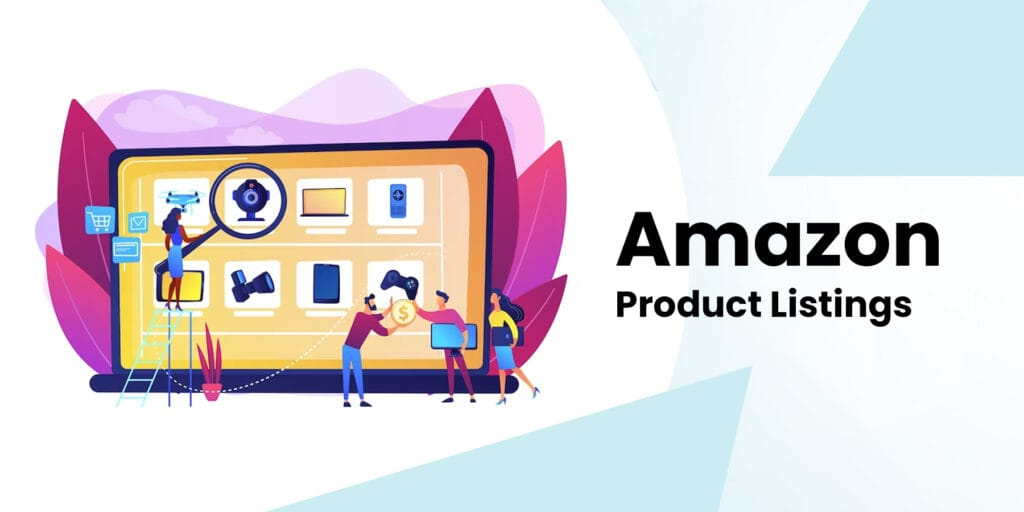Understanding Amazon Restricted Products Policy: A Guide for Sellers

As an Amazon seller, navigating the platform's extensive rules and regulations can be a daunting task. One area that demands particular attention is the Restricted Products Policy. This policy outlines the types of products that are either prohibited or require specific approvals and documentation before they can be listed on Amazon. Understanding and adhering to these guidelines is crucial for avoiding potential account suspensions, product removals, or even legal repercussions. In this comprehensive guide, we'll explore the intricacies of Amazon's Restricted Products Policy and provide valuable insights to help you navigate this complex landscape with confidence.
1. Why Does Amazon Restrict Certain Products?
Amazon's primary goal is to provide a safe and trustworthy shopping experience for its customers. By restricting certain products, the e-commerce giant aims to prevent the sale of potentially harmful, illegal, or counterfeit items. Additionally, some restrictions are in place to comply with local, state, and federal regulations, as well as industry-specific standards. Partnering with a reputable Amazon agency can help sellers navigate these restrictions effectively and ensure compliance with Amazon's policies, thus safeguarding their businesses and maintaining a positive reputation on the platform.
2. Categories of Restricted Products
Amazon's Restricted Products Policy covers a wide range of categories, including but not limited to:
- Drugs and drug paraphernalia- Weapons and ammunition- Adult products and services- Alcohol and tobacco products- Hazardous materials and chemicals- Currency and financial products- Recalled products and counterfeits
It's essential to review the policy thoroughly and understand the specific restrictions and requirements for each category that applies to your products.
3. Obtaining Approvals and Documentation
For certain restricted products, Amazon may require sellers to obtain specific approvals or provide documentation before listing them. These requirements vary depending on the product category and can include items such as:
- Licenses or certifications- Product safety documentation- Age verification processes- Ingredient lists or material composition
Failure to provide the necessary approvals or documentation can result in your product listings being removed or your seller account being suspended.
4. Staying Compliant with Evolving Regulations
Amazon's Restricted Products Policy is not set in stone; it evolves in response to changing regulations, safety concerns, and customer feedback. As a seller, it's crucial to stay up-to-date with the latest policy updates and ensure that your products and listings remain compliant. Regularly reviewing the policy and monitoring any changes can help you avoid potential issues and ensure a smooth selling experience.
5. Consequences of Non-Compliance
Violating Amazon's Restricted Products Policy can have severe consequences for your business. Also Read: How To Automate Your Business. Depending on the severity of the violation, Amazon may take actions such as:
- Removing your product listings- Suspending or terminating your seller account- Withholding funds or imposing fines- Pursuing legal action in cases of illegal or counterfeit products
These consequences can seriously impact your ability to sell on Amazon and potentially damage your business's reputation.
6. Best Practices for Compliance
To ensure compliance with Amazon's Restricted Products Policy, it's essential to implement best practices throughout your selling process. Here are some recommendations:
- Thoroughly research and understand the policy for each product category you sell- Maintain detailed records and documentation for restricted products- Implement robust age verification processes for age-restricted products- Regularly review and update your product listings to ensure accuracy and compliance- Seek guidance from Amazon's Seller Support or consult with legal professionals when necessary
7. Seeking Assistance and Support
If you encounter any challenges or have questions regarding Amazon's Restricted Products Policy, don't hesitate to seek assistance. Amazon provides various support resources, including:
- Seller Central Help Pages: Detailed information and guidance on restricted product categories and requirements.
- Seller Support: Reach out to Amazon's dedicated support team for specific inquiries or clarifications.
- Legal Consultation: For complex or high-risk situations, consulting with an experienced legal professional can provide valuable guidance and protection.
Remember, compliance with Amazon's Restricted Products Policy is not just a recommendation; it's a necessity for ensuring the safety and integrity of the platform, protecting your business, and providing a positive experience for customers.
In conclusion, navigating Amazon's Restricted Products Policy can be a complex endeavor, but one that is essential for the success and longevity of your selling business. By understanding the policy's intricacies, implementing best practices, and seeking assistance when needed, you can confidently list and sell your products while maintaining compliance with Amazon's standards. For expert guidance and support in ensuring compliance with Amazon's policies, check out Amazowl, one of the best Amazon agencies available to sellers. Their expertise can help streamline your operations and mitigate risks associated with selling restricted products on the platform.